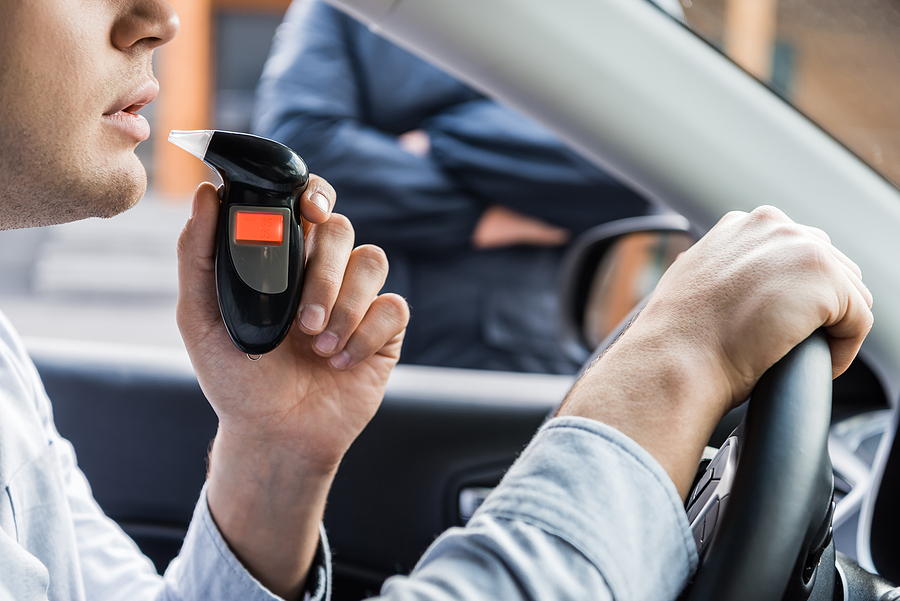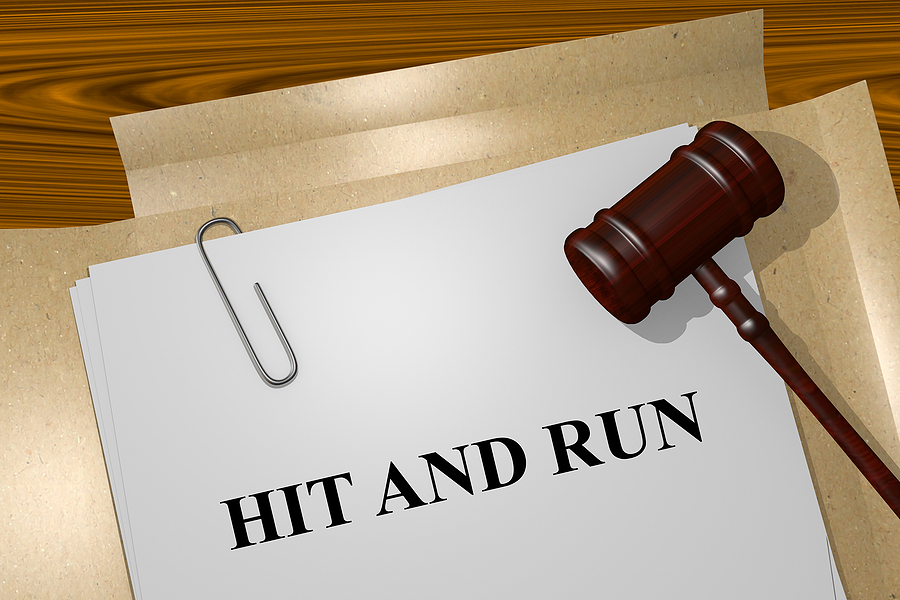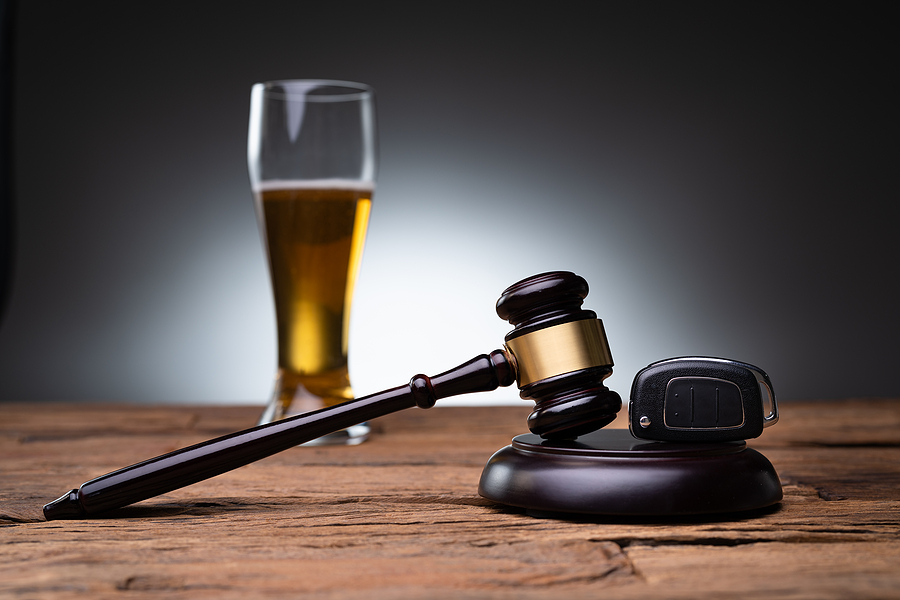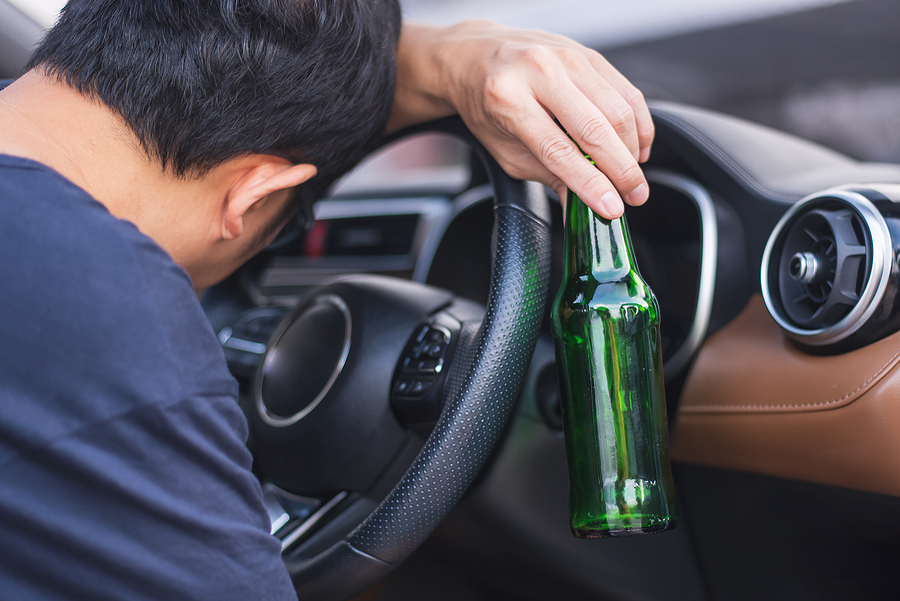Getting pulled over for suspected DUI can be overwhelming and confusing. Understanding your rights and what to expect during field sobriety tests in Indiana can make a significant difference in protecting yourself during this stressful situation.
Field sobriety tests (FSTs) are physical and cognitive exercises used by law enforcement officers to assess whether a driver is impaired by alcohol or drugs. These tests serve as tools to help officers establish probable cause for a DUI arrest. The Indiana Criminal Justice Institute reports that over 25,000 DUI arrests are made annually in the state, making it essential for drivers to understand how these tests work and their rights regarding them.
While these tests may seem straightforward, they involve complex legal considerations that can dramatically impact the outcome of DUI charges. Knowing what officers look for, how these tests can be challenged, and your rights during the process empowers you to make informed decisions if you ever find yourself in this situation.

Standardized Field Sobriety Tests in Indiana
The National Highway Traffic Safety Administration (NHTSA) has established three standardized field sobriety tests that are widely used across the United States, including Indiana. These tests have undergone scientific validation and are considered more reliable than non-standardized alternatives.
Horizontal Gaze Nystagmus (HGN) Test
The HGN test involves an officer observing the involuntary jerking of your eyes as they follow a moving object, typically a pen or flashlight. During impairment, this natural jerking becomes more pronounced and occurs at smaller angles.
Officers look for three specific indicators in each eye: lack of smooth pursuit as the eye follows the object, distinct nystagmus when the eye is held at maximum deviation, and onset of nystagmus before the eye reaches a 45-degree angle. If four or more indicators are present, the test suggests impairment.
Walk-and-Turn Test
This divided attention test requires you to walk heel-to-toe along a straight line for nine steps, turn around using small steps, and return the same way. The officer provides specific instructions that you must follow precisely while maintaining your balance.
Officers watch for eight specific indicators of impairment: inability to maintain balance during instructions, starting before instructions are complete, stopping while walking, not touching heel-to-toe, stepping off the line, using arms for balance, making an improper turn, or taking the wrong number of steps.
One-Leg Stand Test
During this test, you must stand with one foot approximately six inches off the ground and count aloud by thousands until told to stop. The test typically lasts 30 seconds, during which the officer observes your ability to maintain balance while performing the mental task of counting.
Four indicators suggest impairment: swaying while balancing, using arms for balance, hopping to maintain balance, or putting your foot down. The presence of two or more indicators suggests impairment according to NHTSA standards.
Non-Standardized Field Sobriety Tests
Beyond the three standardized tests, officers sometimes administer additional tests that lack scientific validation. These non-standardized tests include the Romberg Balance Test, where you stand with feet together and head tilted back while estimating 30 seconds, and the Finger-to-Nose Test, requiring you to touch your nose with your fingertip while your eyes are closed.
Other non-standardized tests might include reciting the alphabet, counting backwards, or the Modified Position of Attention test. These tests are generally considered less reliable than standardized FSTs and may be more easily challenged in court due to their lack of scientific backing.
The reliability of these non-standardized tests is questionable because they haven’t undergone the same rigorous scientific validation as the three standardized tests. Courts may view results from these tests with more skepticism, particularly when challenging DUI evidence.
Schedule a Free DUI Case Review Today! ✅
Factors That Can Affect Field Sobriety Test Results
Many factors unrelated to alcohol or drug impairment can significantly impact your performance on field sobriety tests. Understanding these factors is crucial because poor performance doesn’t automatically indicate intoxication.
Medical conditions play a substantial role in FST performance. Inner ear problems, neurological disorders, leg injuries, back problems, and certain medications can all affect balance and coordination. Age and physical fitness also influence your ability to perform these tests successfully, as older individuals or those with mobility issues may struggle regardless of sobriety.
Environmental factors can create additional challenges during testing. Uneven surfaces, poor lighting, adverse weather conditions, or inappropriate footwear can all contribute to poor performance. Heavy traffic, flashing police lights, and the stress of the situation itself can also impact your ability to concentrate and perform the required tasks.
Weight distribution, fatigue, and even anxiety about the situation can cause someone to fail these tests despite being completely sober. Officers are trained to consider these factors, but they may not always account for every possible influence on your performance.
Your Rights Regarding Field Sobriety Tests in Indiana
Understanding your rights during a traffic stop is essential for making informed decisions. In Indiana, you have the right to refuse field sobriety tests. Unlike chemical tests such as breathalyzer or blood tests, FSTs are not covered under Indiana’s implied consent law.
Refusing field sobriety tests typically won’t result in automatic license suspension, unlike refusing a chemical test. However, refusal may provide officers with other observations to use as evidence of impairment, such as slurred speech, bloodshot eyes, or the smell of alcohol.
It’s important to distinguish between field sobriety tests and chemical tests. Indiana’s implied consent law means that by driving on Indiana roads, you’ve consented to chemical testing if arrested for DUI. Refusing a breathalyzer, blood test, or urine test after arrest can result in license suspension regardless of whether you’re ultimately convicted of DUI.
The decision to refuse FSTs should be made carefully, considering your specific circumstances. While refusal eliminates potentially incriminating evidence, it doesn’t prevent arrest if officers have other evidence of impairment.
Challenging Field Sobriety Test Evidence in Court
Field sobriety test results can be challenged in court through various legal strategies. An experienced DUI attorney in Indianapolis can examine whether your DUI tests were administered properly according to NHTSA standards, as deviations from proper procedure can render results unreliable.
Medical evidence can be particularly powerful in challenging FST results. Documentation of medical conditions, injuries, or medications that could affect performance provides alternative explanations for poor test results. Age, physical limitations, and other factors unrelated to impairment can also form the basis for challenging these tests.
Environmental conditions during testing can be scrutinized as well. Poor lighting, uneven surfaces, or distracting conditions may have contributed to poor performance. Video evidence from police dashcams or body cameras can be invaluable in demonstrating these challenging conditions.
The officer’s training and experience in administering FSTs can also be questioned. Proper certification and adherence to standardized procedures are essential for reliable results. Any shortcuts or deviations from established protocols can weaken the prosecution’s case.
In Summary
Knowledge of field sobriety tests and your rights provides valuable protection during DUI encounters. Remember that these tests are designed to gather evidence for prosecution, not to help you prove your innocence. Every interaction with law enforcement should be handled respectfully while protecting your legal interests.
If you find yourself facing DUI charges in Indiana, the evidence from field sobriety tests doesn’t guarantee conviction. These tests have limitations and can be challenged effectively with proper legal representation. Understanding your rights and the factors that influence FST results empowers you to make informed decisions during these critical moments.
The complexity of DUI law and the technical aspects of field sobriety tests require professional legal guidance to navigate successfully. An experienced DUI attorney can evaluate the specific circumstances of your case, identify potential defenses, and work to protect your rights throughout the legal process.
Don’t let confusion about field sobriety tests leave you unprepared. If you’re facing DUI charges in Indiana, contact our experienced legal team for a free DUI case evaluation. We’ll review the details of your case, including how field sobriety tests were administered, and help you understand your options for moving forward.
Call Now to Book Your Evaluation
Related Post: Moving Forward: Essential Tips for Life After a DUI Conviction in Indianapolis









